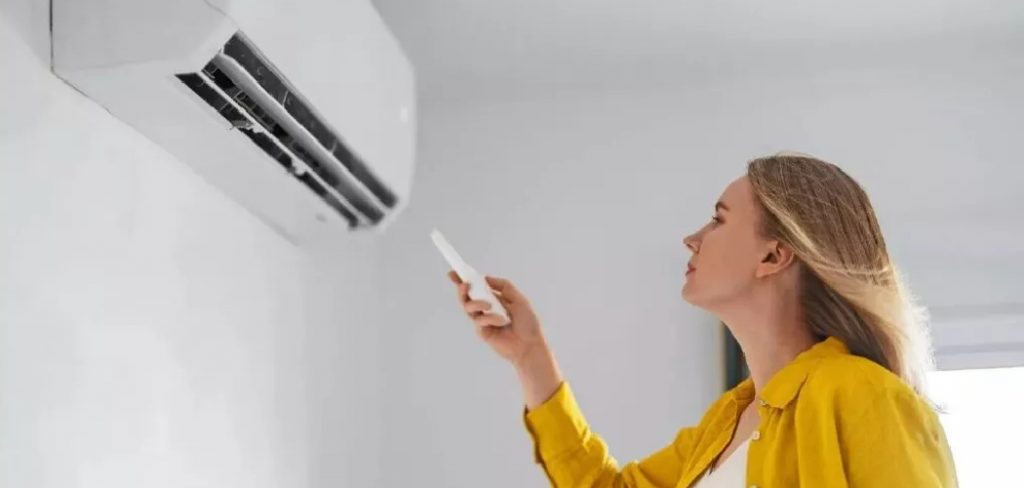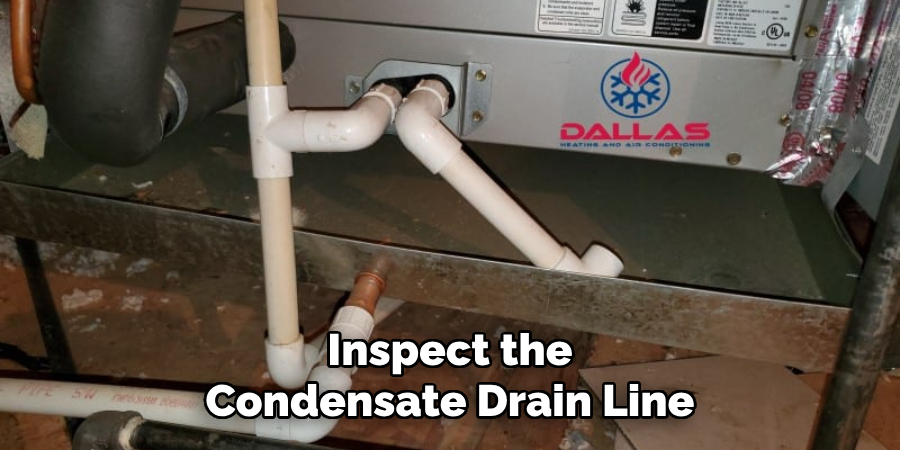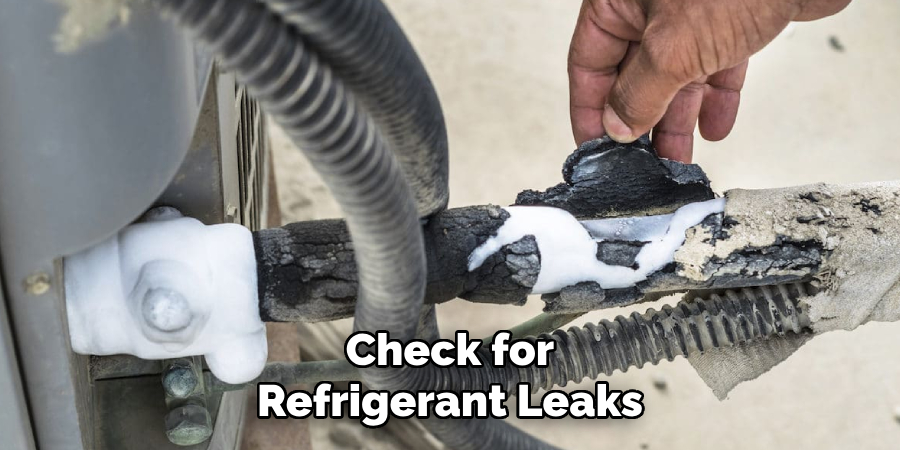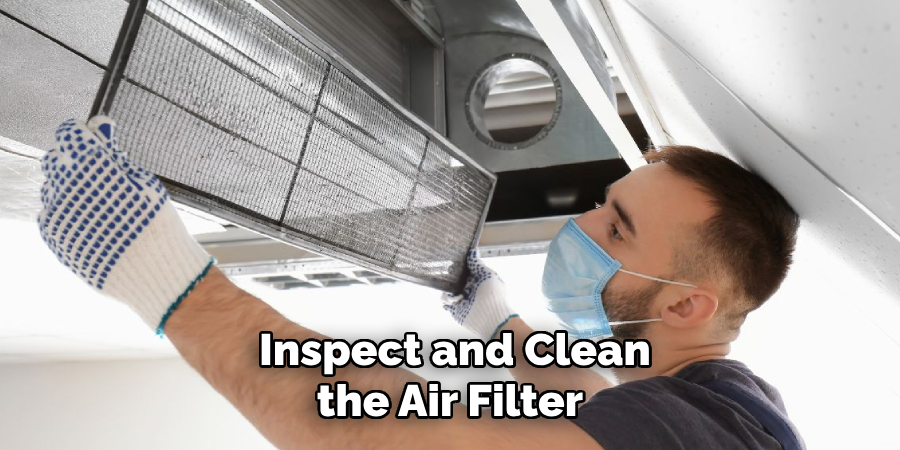When it comes to maintaining a comfortable indoor environment, a well-functioning air conditioner is essential. However, one common issue that many homeowners face is the annoying dripping noise that can emanate from their units.

This noise not only disrupts the serenity of your space but can also indicate underlying problems with the air conditioner’s performance. In this guide, we will explore how to stop dripping noise from air conditioner, how to identify the source, and practical solutions to resolve the issue, ensuring your air conditioner operates quietly and efficiently.
Understanding Dripping Noise in Air Conditioners
Dripping noise in air conditioners is often a symptom of excess moisture accumulation within the system. This can be caused by several factors, including blocked condensate drains, low refrigerant levels, or a malfunctioning evaporator coil. When the condensate drain is blocked, water cannot flow out properly, leading to overflow and subsequent dripping sounds. Additionally, if there is inadequate refrigerant, the evaporator coil may freeze and eventually thaw, creating a dripping noise as excess water is released. Understanding these underlying issues is crucial for diagnosing and effectively addressing the source of the noise, ultimately contributing to a more peaceful and efficient cooling experience.
10 Methods How to Stop Dripping Noise from Air Conditioner
1. Inspect the Condensate Drain Line
One of the most common causes of dripping noises is a clogged or obstructed condensate drain line. The drain line carries excess moisture from the air conditioner to the outside, and if it becomes blocked, water can accumulate and cause dripping noises.

Begin by locating the condensate drain line, typically found near the outdoor unit or in the basement. Use a wet/dry vacuum to clear any debris or obstructions from the line. Alternatively, you can use a plumber’s snake to remove blockages. Ensuring that the drain line is clear will allow proper drainage and reduce dripping noises.
2. Clean the Condensate Pan
The condensate pan, located beneath the evaporator coil, collects excess water that drips off the coil. If the pan is full or dirty, it can cause water to overflow and create dripping sounds. To address this issue, turn off the power to the air conditioner and carefully remove the condensate pan. Clean the pan with warm, soapy water to remove any debris or mold. Rinse thoroughly and ensure the pan is completely dry before reinstalling it. Regular cleaning of the condensate pan helps prevent water buildup and eliminates dripping noises.
3. Check for Refrigerant Leaks
Low refrigerant levels can cause the evaporator coil to freeze, leading to excess water dripping as the ice melts. If you suspect a refrigerant leak, use a manifold gauge set to check the refrigerant levels in the system. If levels are low, it may indicate a leak or other issue.
Consult a professional HVAC technician to inspect the system, identify the leak, and recharge the refrigerant. Proper refrigerant levels are crucial for preventing ice formation and reducing dripping noises.

4. Ensure Proper Installation and Leveling
An improperly installed or unlevel air conditioner can lead to drainage issues and dripping noises. Check that the unit is installed correctly and is level. Use a level tool to verify that the air conditioner is evenly positioned. If the unit is not level, adjust the mounting brackets or pads to ensure proper alignment. A level installation allows for proper drainage and reduces the likelihood of water accumulating and causing dripping sounds.
5. Inspect and Clean the Air Filter
A dirty or clogged air filter can restrict airflow and cause the evaporator coil to freeze. When the ice melts, it can result in dripping noises. Check the air filter for dirt and debris, and replace it if necessary. Ensure that you use a filter with the correct specifications for your air conditioner. Regularly cleaning or replacing the air filter helps maintain proper airflow, prevents ice buildup, and reduces dripping noises.
6. Verify the Drainage System
The air conditioner’s drainage system, including the condensate pump (if applicable), plays a critical role in managing excess water. Check the condensate pump to ensure it is functioning properly. If the pump is malfunctioning, it may not remove water effectively, leading to dripping noises. Clean or replace the pump as needed, and ensure that all drainage components are in good working order. Proper drainage system maintenance prevents water accumulation and reduces dripping sounds.

7. Inspect the Evaporator Coil
A dirty or frozen evaporator coil can cause water to drip and create noise. Turn off the air conditioner and inspect the coil for dirt, dust, or ice buildup. If the coil is dirty, clean it gently using a soft brush or coil cleaner, following the manufacturer’s recommendations. If the coil is frozen, check for issues with airflow, refrigerant levels, or the air filter. Addressing these issues will prevent excessive water dripping and reduce noise.
8. Check for Leaky Ductwork
Leaky ductwork can cause condensation and water accumulation, leading to dripping noises. Inspect the ductwork for any visible leaks or signs of moisture. Seal any leaks using duct tape or mastic sealant, and ensure that all connections are secure. Properly sealed ductwork helps maintain optimal airflow and prevents condensation that can contribute to dripping sounds.
9. Adjust the Thermostat Settings
Incorrect thermostat settings can affect the air conditioner’s performance and contribute to dripping noises. Ensure that the thermostat is set to a reasonable temperature and is functioning correctly. Avoid setting the thermostat too low, as this can cause the evaporator coil to freeze and result in excessive water dripping when the ice melts. Adjust the thermostat to a more moderate temperature to improve system performance and reduce dripping noises.
10. Consult a Professional HVAC Technician
If the dripping noise persists despite trying the above methods, it may be time to consult a professional HVAC technician. A qualified technician can perform a thorough inspection of the air conditioner to identify any underlying issues that may be causing the noise. They have the expertise and tools to address complex problems, such as refrigerant leaks, electrical issues, or component malfunctions, ensuring that your air conditioner operates efficiently and quietly.
Maintenance and Upkeep
Regular maintenance and upkeep of your air conditioning system are essential to ensure its longevity, efficiency, and optimal performance. This involves routine checks and services that help prevent major issues and maintain a comfortable indoor environment. Here are key aspects to consider:
- Schedule Regular Professional Inspections
Arrange for a professional technician to inspect and service your air conditioning unit at least once a year. They will perform comprehensive checks, clean components, and address any potential issues before they escalate.

- Clean the Outdoor Unit
Ensure that the outdoor condenser unit is free from debris such as leaves, dirt, and grass clippings. Regularly cleaning the unit helps maintain efficiency and prevents overheating. Keep a clearance of at least two feet around the unit for optimal airflow.
- Lubricate Moving Parts
Some components of your air conditioning system, like the fan and motor, have moving parts that require lubrication. Check these parts periodically and apply lubricant as recommended by the manufacturer.
- Monitor System Performance
Pay attention to how your air conditioner performs throughout the cooling season. Any unusual sounds, foul smells, or changes in cooling efficiency should be addressed immediately by a professional.
Things to Consider When Addressing Dripping Noises from Your Air Conditioner
- Regular Maintenance
It’s crucial to perform regular maintenance on your air conditioning unit. This includes changing filters, cleaning coils, and inspecting drain lines to prevent issues before they arise.
- Environmental Factors
Consider the humidity and temperature of your environment, as high humidity levels can lead to increased condensation, which may exacerbate dripping noises and drainage issues.
- Unit Age
The age of your air conditioning unit can affect its performance. Older units may be more prone to leaks, inefficiencies, and noise, making it important to evaluate whether repairs or a replacement is warranted.
- Usage Patterns
Frequent use or setting your air conditioner to low temperatures can make components work harder, leading to potential issues. Consider how often you run your unit and at what settings to optimise performance.
- Quality of Installation
Poor installation can lead to various problems, including drainage issues. Ensuring that your air conditioner was installed by professionals can save you time and trouble in the long run.
- Ductwork Integrity
The condition of the ductwork is essential in maintaining both efficiency and noise levels. Ensure that ducts are sealed properly to prevent leaks that could contribute to moisture buildup and dripping sounds.
Conclusion
In conclusion, addressing dripping noises from your air conditioning unit is crucial for maintaining not only the efficiency and longevity of the system but also the comfort of your indoor environment. By following the outlined steps, such as inspecting components, adjusting settings, and performing regular maintenance, you can effectively mitigate the causes of these noises. Thanks for reading, and we hope this has given you some inspiration on how to stop dripping noise from air conditioner!
